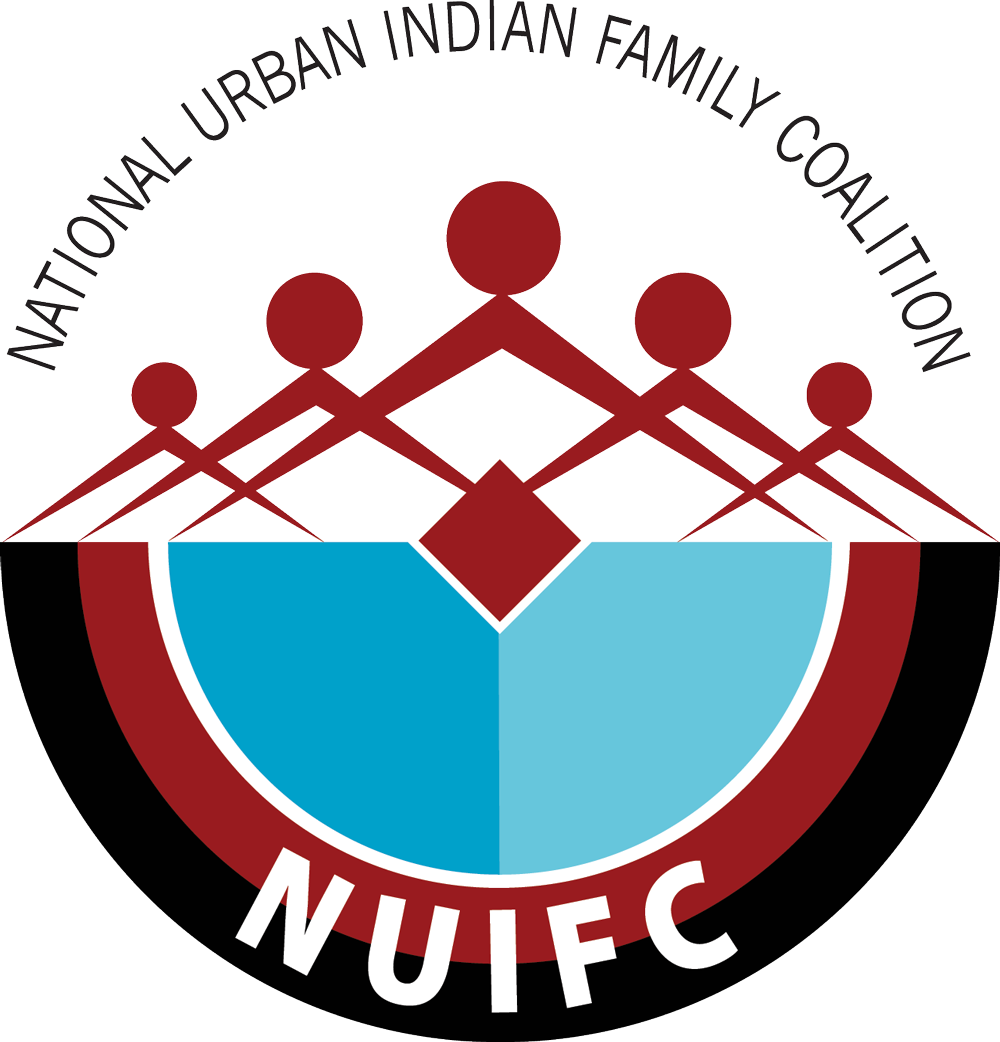Overview
2020 was one of the most tumultuous years in our country's history. Yet, the National Urban Indian Family Coalition (NUIFC) and our national network of urban-based American Indian nonprofits set an ambitious plan and worked nonstop to conduct a successful and unprecedented civic engagement effort across urban Indian America. Now that we have had time to breathe, our team examined and cataloged the results of this multi-million-dollar effort. We are proud to share them through the release of the Democracy is Indigenous; Reclaiming our Voice, Reclaiming Our Power, the NUIFC's newest report on the most significant initiative in our organization's history.
The Democracy is Indigenous campaign (primarily electoral and focused on voter engagement) and simultaneously ran with the Statistically Significant campaign (primarily focused on Census outreach) were both phenomenally successful! The NUIFC was incredibly proud to review engagement metrics, digitally and in person, that exceeded all expectations and more than doubled our outcomes from the 2018 election. Equally as powerful were the anecdotal stories highlighting each member center's unique ability to connect with their communities. At the highest level, our work resulted in the following:
16+ million people reached through social media and digital organizing
300+ COVID-19 safe events held around the country
62,000 safe in-person contacts
95,000 civic engagement calls were made
2 million vote increase in NUIFC Counties from 2016 to 2020
15,711 new voters registered
These results would not have been possible without the incredible lift and hard work from the grassroots organizing that each center conducted over the year. Our partners fought through the upheaval that COVID-19 caused to innovate and adapt to host great community events while keeping their community safe. We saw centers host Get Out the Vote parades, online game shows, socially distanced candidate forums, resource drives, drive-thru food events, Halloween events, online concerts and rallies, ice cream socials, and more.
We also saw comprehensive outreach from each center, like the Phoenix Indian Center, who handed out thousands of Native Vote 'Goodie Bags' that explained voter registration. Or in Oklahoma City, where Rock the Native Vote was able to host a block party that featured the city's mayor arriving to declare the day an official city holiday. In Alaska, First Alaskans Institute leveraged their culturally informed, digital media expertise to launch one of the most successful digital outreach campaigns in the country, which included an online Census gameshow that reached hundreds of thousands of people and a sit-down conversation with U.S. Senator Lisa Murkowski.
As we look back and highlight the successes of our members, it's worth taking a moment to consider how we collectively worked over the years to get to this moment. In addition to building capacity, 2020 carried an extra burden as each center had to deal with the emergence of COVID-19, which disproportionally and profoundly impacted the health and economic security of all Native Americans. As we noted in our report, Resiliency In Crisis, these organizations are quite literally on the front lines, supporting their communities while juggling their day-to-day operations, working through budget shortfalls, and organizing these robust civic engagement efforts. Despite all the challenges, each center rallied for their communities around the 2020 election and Census. Together, we connected with millions of voters and engaged some of the largest American Indian and Alaska Native communities in Indian Country.
Our collective efforts to reclaim our voice and our power were driven by our shared commitment to combating the invisibilization of Urban Native people -- one of the most under-represented and under-resourced populations in America. Despite making up over 70 percent of the total AI/AN population, our urban Native communities have traditionally been excluded from conversations, decisions, and outreach efforts that lead to resource allocation and policy decisions. The Democracy is Indigenous; Reclaiming our Voice, Reclaiming Our Power report, is a living testament of our shared commitment to organizing our communities, building electoral power, and transforming an incomplete narrative that does not include all our urban Indian people. With deep gratitude and appreciation, the NUIFC thanks everyone who worked tirelessly to reclaim our voice and reclaim our power while reminding the country that democracy is Indigenous.

